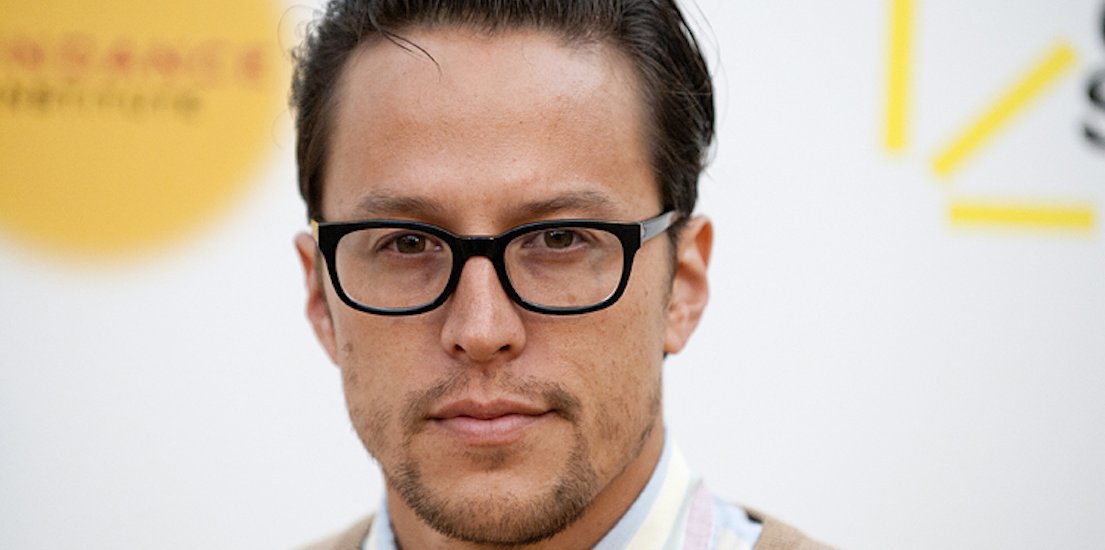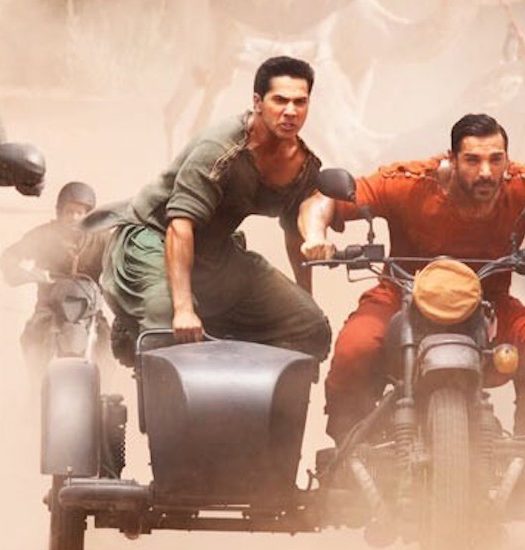Humour is essential in telling a story – Cary Fukunaga
Winner of the Primetime Emmy Award for Outstanding Directing for a Drama Series, Cary Fukunaga is the man behind the popular HBO series, True Detective. His movies like Beasts of No Nation and Jane Eyre are testimony of his talent as a writer and director. To know more about his inspiration and ideas we caught up with Fukunaga in a quick conversation where he spoke about the kind of themes he is drawn to, the element of dark humor in his work and more.

Cary Fukunaga
Have you seen any films since you flew in?
Some of my friends at the festival did recommend a few films to me which were not only from Bollywood but all over India. But have I been able to watch all the cinema from India in the few hours that I have been here? No! (Laughs)
Is there an underlying theme that draws you to a subject?
I have a lot of curiosities, interests and hobbies, be it in terms of current events, subjects that deal with social injustice, human rights issues, immigration, war or child soldiers. A subject that interests me right now is the voter rights in the USA in terms of continuation of the civil rights movement. Currently for example, in the African-American population there is a huge segment that can’t even vote in this election because they have a prior felony and their rights as citizens are stripped away as a strategy of the government. During the 60s, there was an attempt to marginalize the population by the power within the US government in terms of shaping the way that a country is run. In the 21st century it just seems impossible and sad that something like this still exists. I am a student of history hence the local history interests me and also the world history as I travel a lot.
Having been a cinematographer, how does that influence your directorial outlook?
I don’t think it does. I became a cinematographer as part of film school as a means to make movies because it is what I saw in my head. I have been lucky to work with some really great cinematographers and collaborate on creating beautiful images but I have still been very involved in the way that my films were shot. But I am not sure if being a cinematographer has influenced me as director.
There is a lot of dark humor in True Detective. Was that a conscious choice?
Humor is essential in telling a story – especially amongst guys. When you are amongst people, your main job is to try and make your friends laugh, in your head that’s what you are trying to do – that’s real life. We are all trying to be comedians amongst our friends and always trying to say something very intelligent. Humor is an important aspect for me – it is like a primer for the unexpected; you can have laughter in the most sad or most tense places and it stills feels organic and real.
Also, what was the thought behind shooting True Detective on film?
Up to that point, I only shot film. Beasts of No Nation was the first film that I had to do digitally as we were so far away from any lab and we wouldn’t be able to see any footage until it was processed. We were on a tight schedule and if something went wrong, we wouldn’t have had time to re-shoot again. Also transporting film that far makes you really nervous and so we ended up shooting it digitally. But I still prefer shooting on film.
You’ve worked on book adaptations for Beasts of No Nation and Jane Eyre. That must involve a lot of groundwork and tough choices as the entire book cannot be converted into film.
Yes, there is a lot of groundwork and every book is different. Beasts Of No Nation was around 140 pages long whereas Jane Eyre is 700 pages long. I’m currently adapting a book which is 800 pages long and to turning that into a film means that at some point, I have to make some tough choices as some parts of the book do get cut out and that is a very tragic choice.



